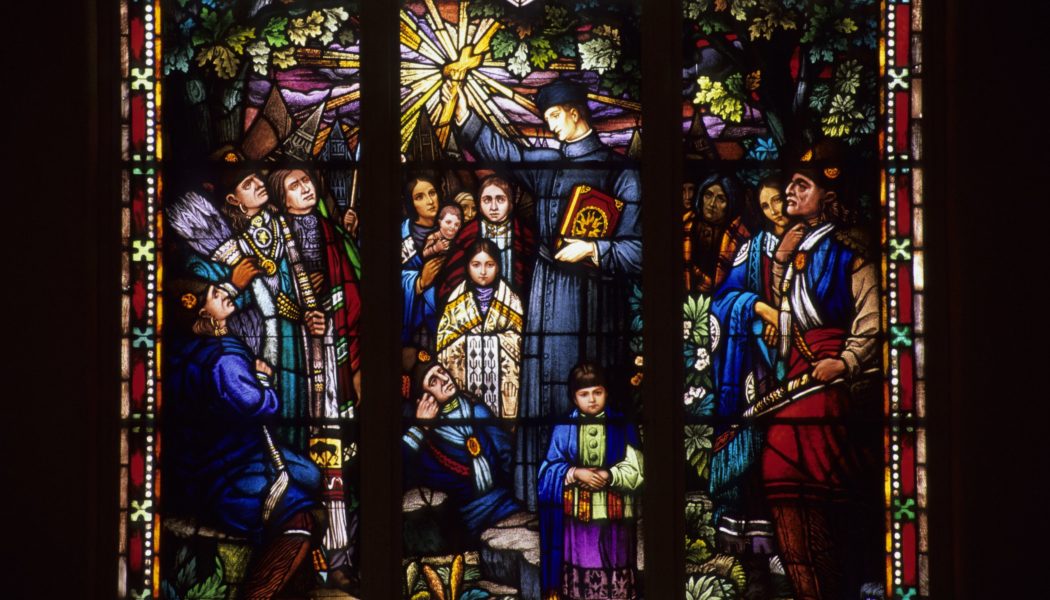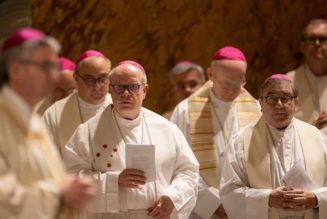
But the bishops continue with an apologetic tone, writing: “Sadly, many Indigenous Catholics have felt a sense of abandonment in their relationship with Church leaders due to a lack of understanding of their unique cultural needs. We apologize for the failure to nurture, strengthen, honor, recognize, and appreciate those entrusted to our pastoral care.”
The document takes into consideration insights from a previous listening session with bishops and Native leaders in 2019 and aims “to lift the major topics and concerns that emerged from those conversations, and to encourage local bishops to engage and deepen the dialogue with the local Native communities.”
The text first recalls a history of trauma experienced among Indigenous communities, starting in the 15th century with the arrival of Europeans in North America. Among the major sources of trauma the text lists “epidemics, national policies, and Native boarding schools, which stand out because of their profound effect on family life.”
It states: “The family systems of many Indigenous peoples never fully recovered from these tragedies, which often led to broken homes harmed by addiction, domestic abuse, abandonment, and neglect. The Church recognizes that it has played a part in traumas experienced by Native children.”
The text also notes that “European and Eurocentric world powers” exploited the language of papal letters from the 14th and 15th centuries, and developed “justifications to enslave, mistreat, and remove Indigenous peoples from their lands.” The draft document states: “Let us be very clear here: The Catholic Church does not espouse these ideologies.”
The text states: “Historical traumas are a significant contributor to the breakdown of family life among many Indigenous peoples. In response, youth and young adults are disaffiliating from the institutional authorities such as the Church, community, and their elders. Many have rejected Christianity and turned to pre-Christian Indigenous religious practices. Many long for belonging and acceptance and might find solace in social media and other outlets.”







